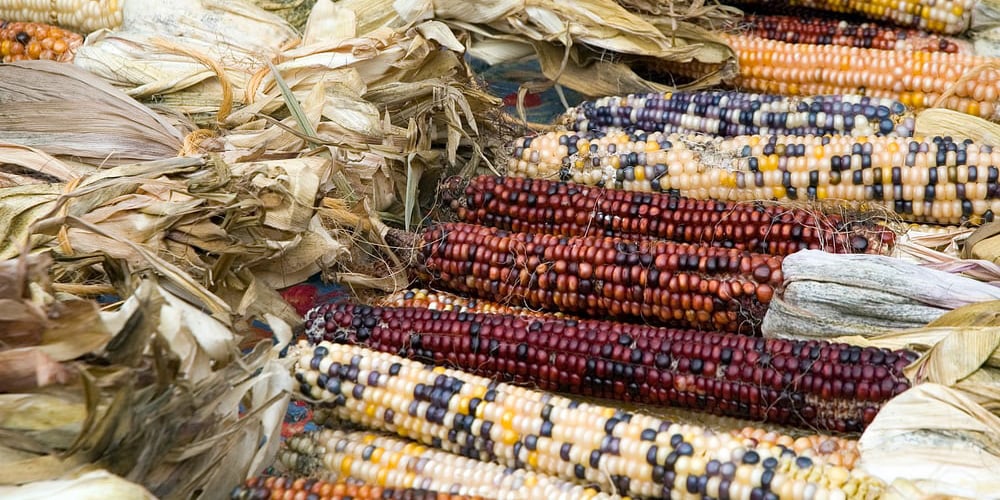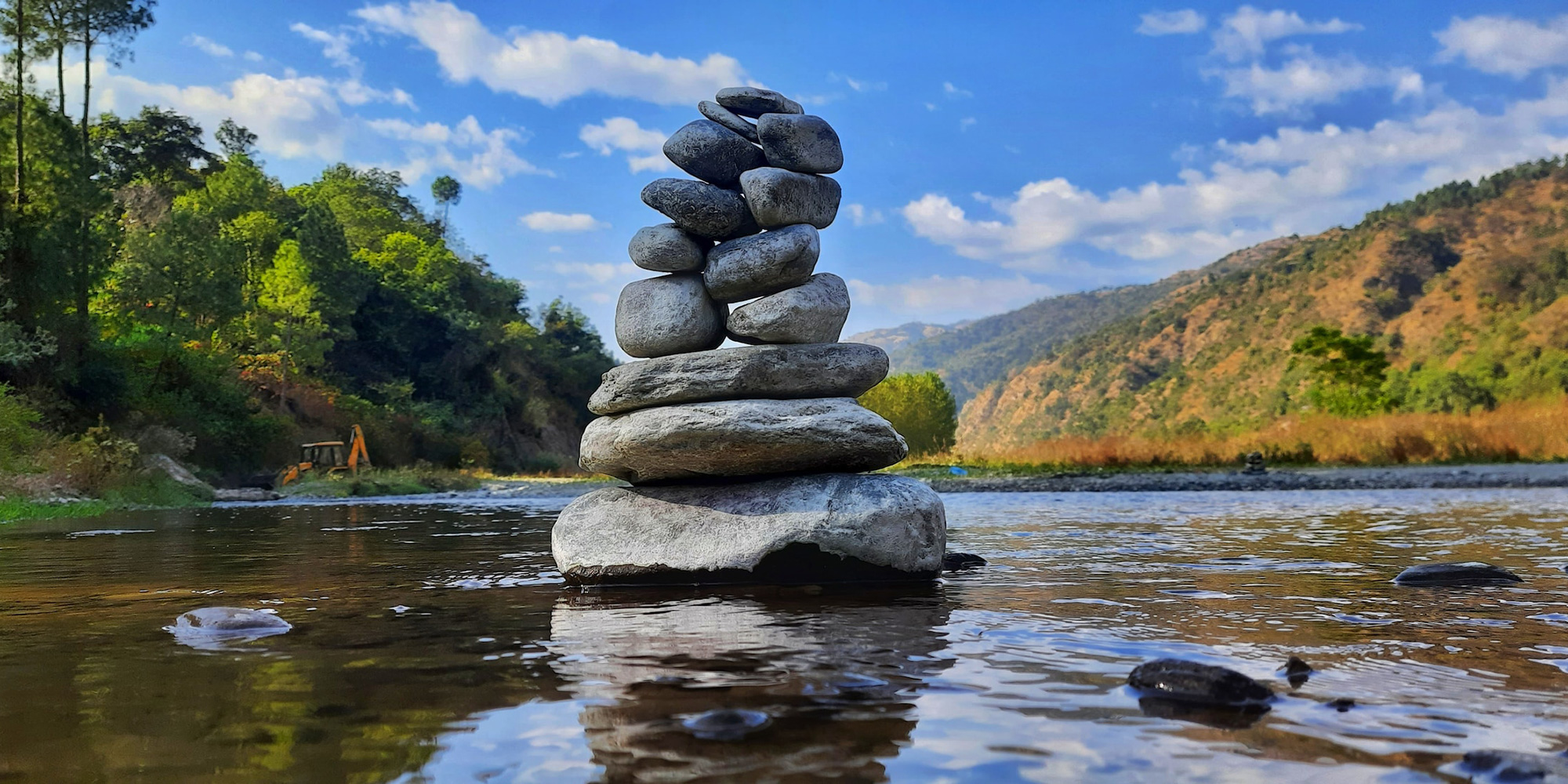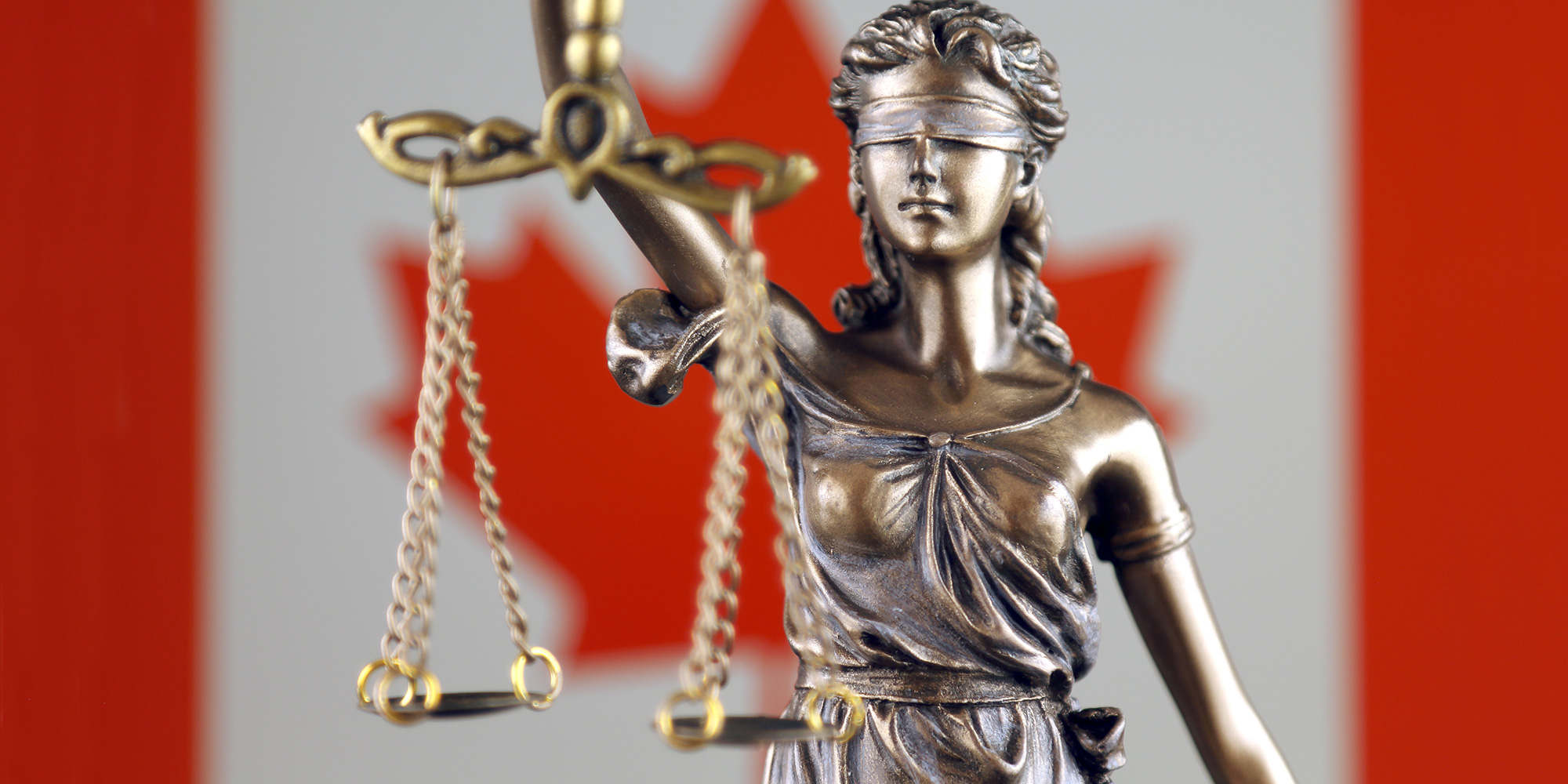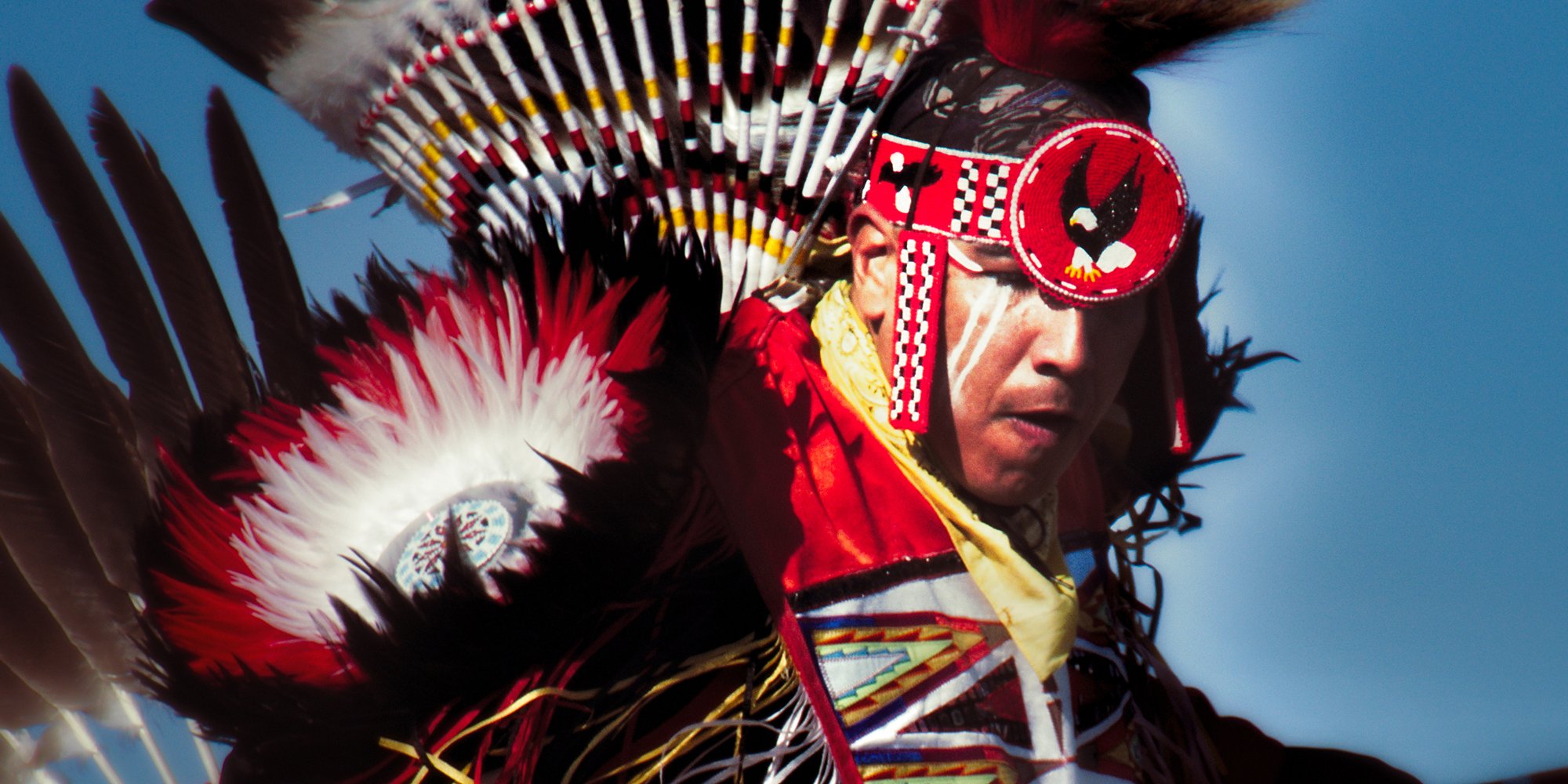Smudging to Indigenous Protocol - Our Top 10 Articles in 2017
In 2017, we had just over 816,000 visitors to our blog Working Effectively with Indigenous Peoples® looking for information on a wide variety of...

...Reconciliation is about establishing and maintaining a mutually respectful relationship between Aboriginal and non-Aboriginal peoples in this country. In order for that to happen, there has to be awareness of the past, an acknowledgement of the harm that has been inflicted, atonement for the causes, and action to change behaviour. [1]
This article is intended to bring awareness to the past and provide “some food for thought” about the Thanksgiving narrative many of us have been raised to believe.
Note: In this article, we use the term “tribes” as that is the terminology used in the United States.
History lessons are increasingly being examined for narrative accuracy. One of the most damaging narratives in this country is that Christopher Columbus "discovered" the Americas. This narrative erases the existence of the approximate 100 million Indigenous Peoples who had inhabited the lands since time immemorial. The "Christopher Columbus discovered the Americas" narrative has the history of Canada and the United States beginning with the arrival of Europeans.
Another narrative that is receiving scrutiny is the myth of the first Thanksgiving in America. Generations of children were taught that the Pilgrims, in 1621, invited members of the Wampanoag tribe to join them for a feast celebrating a bountiful harvest and their good friendship. This scenario overlooks some hard truths.
The Wampanoag, and other tribes, were wary of European traders and settlers in general as thousands of tribal members had died from introduced viruses, their graves robbed, their crops stolen, and hundreds of their members kidnapped, transported to Europe and sold into slavery.
The Pilgrims arrived in the dead of winter at what is now known as Plymouth Rock after a hard ocean crossing. Many of their congregation had perished at sea. The Wampanoag, in keeping with their culture of helping those in dire need, showed the Pilgrims how to fish, hunt, and forage for wild foods and in the spring, how to plant and grow crops.
Pilgrims were fervently religious, so the Natives would be considered heathens because they were non-Christians. What were the Pilgrims looking for when they invited the “heathens”? As a fervently religious sect, a feast would have been steeped in religious traditions. Would those traditions have included inviting non-Christians?
Why did the Wampanoag want to attend the feast? What were they looking for? What did they stand to gain from breaking bread with settlers?
There was a feast with both Pilgrims and Natives present but not necessarily one that fits the standard image of Thanksgiving. But it did not become an annual tradition. A few years later, in 1637 the governor of Massachusetts Bay Colony proclaimed a "day of Thanksgiving" following the Pequot massacre.
There were intermittent declarations of Thanksgiving until 1863 when President Abraham Lincoln proclaimed the last Thursday in November to be Thanksgiving Day.
It is not our intention to tear down holidays but to bring awareness that there is another side to the portrayal of how Thanksgiving got its name. And because of those events, not everyone embraces and celebrates Thanksgiving.
I did then what I knew how to do. Now that I know better, I do better.
Maya Angelou, civil rights activist, poet and award-winning author
As we move along the reconciliation continuum, questioning established historical narratives can be a beneficial exercise. Questions lead to research and hopefully, research leads to awareness and acknowledgement that sometimes what we think we know may no longer stand up under scrutiny. And with that knowledge, we have the opportunity to change our outlooks and perspectives. Maybe in the not-too-distant future, we will all symbolically break bread together and give thanks for significant movement on reconciliation.
[1] Honouring the Truth, Reconciling for the Future Summary of the Final Report of the Truth and Reconciliation Commission of Canada, The Truth and Reconciliation Commission of Canada, 2015, p. 6
[2] Grace Harmon, Contributing writer, The dark history of Thanksgiving Nov 22, 2017.
Featured photo: Stock

In 2017, we had just over 816,000 visitors to our blog Working Effectively with Indigenous Peoples® looking for information on a wide variety of...

Indigenous Peoples believe they have held title to their traditional lands or territories from the moment their Creators placed them on that land...

Indigenous awareness is a broad term – I know because my onsite and public workshops are dedicated to helping people understand the full extent of...